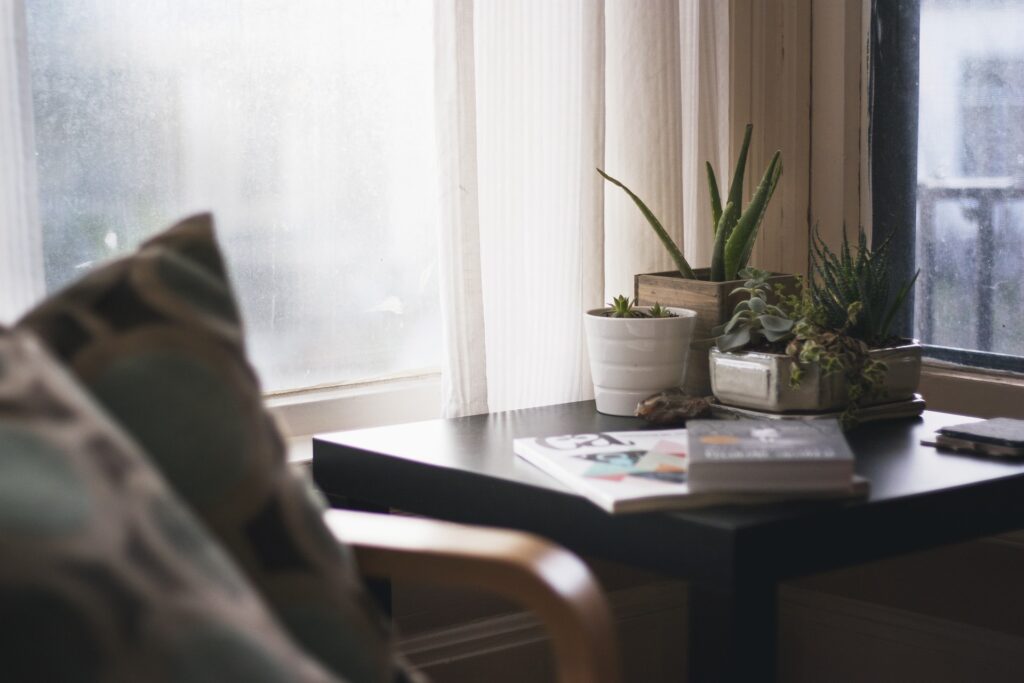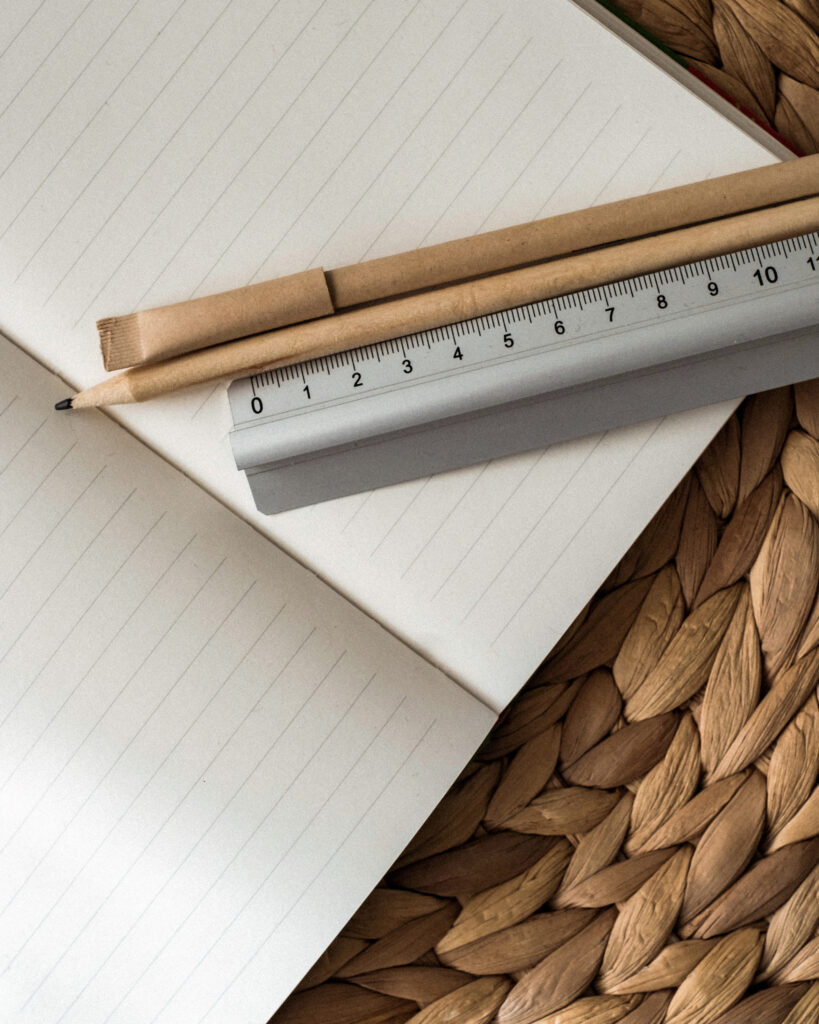Accessories and decorations

Everyone wants to have a nice looking home with a lot of specific articles making this place individual and very special. We also like sweet memories from our trips, vacations and family meetings. Therefore, our homes can be full of different accessories and decorations, paints, souvenirs and others.
Accessories that we use and collect are not only those for decoration or memory purposes. There are a lot of items, which are dedicated to certain activities of our everyday life. Those can be cleaning articles (brushes, dust rubbers, buckets or bowls), Easter or Christmas decorations, textile additives (buttons, zips, trouser belts), jewelry, additives (wallets, handbags, brooches, hair clips) and one very important group is school accessories, which will be discussed afterwards.
All those articles are very useful and they can make our life easier or make our homes look nicer, they can contain and emit hazardous substances especially when they are made of plastic. Raw plastics are brittle and hard, so the chemicals are added during the manufacturing process to give specific properties (such as elasticity, stability, colour-fastness, transparency, static charge or toughness) and thereby tailor the final product to the particular application. The bad news is that those chemicals can leak from plastic, which means that toxic substances and additives can transfer to our surrounding environment and our bodies via skin or when breathing. These are mostly hormonally active compounds, also known as endocrine disruptors which can interfere with our hormonal system causing a variety of diseases and disorders. Unfortunately, decorations and different group accessories are not marked with recycling codes, which means that although more or less it is possible to recognize whether the item is made of plastic or not, it’s hardly possible to get to know what kind of plastic it is. And this knowledge seems to be crucial when speaking about our health and eventual exposure to hazards. Having this in mind it is highly recommended to avoid plastic whenever possible and to choose articles made of safer alternatives like metal, ceramics, wood or natural textiles.

It is also very important to reduce the use of plastic by kids as they are more sensitive to chemicals than the adults. In this sense, paying attention to school accessories like rulers, pencil cases, markers, desk organizers, notebook or book covers, pens, schoolbags, seems to be crucial as children deal with those items many hours during school time, day by day and year by year.
Unfortunately, in some cases there are no safer alternatives and we can’t eliminate plastic at all, but there are still better choices we can make. Here are some useful tips for home decorations and different kind accessories:
- instead of plastic flowers plant the natural ones
- choose wooden frames for your paints and photos
- for souvenirs don’t buy catching dust plastic things with no further use; nice magnet made of metal, wood or ceramics or a mug, or a paint in wooden frame is much better choice
- textile additives can be also safer – metal zips, wooden buttons, natural skin trousers belts
- avoid artificial jewelry including brooches – gold and silver is still on top
- avoid artificial skin products like wallets or handbags – they can be made of PVC containing a lot of hazardous additives; for those articles choose natural skin products – it’s better to have less and more expensive than poisoning ones
- for cleaning use wooden brushes, metal bowls and buckets and remove the dust with paper towel or cotton rubber
- when protecting the notebooks and books from being damaged cover them with paper from old newspapers or used colour magazines – the books will be very modern and unique
- choose rulers and pencil cases made of wood
- plastic organizers and pens can be replaced by metal ones, which are not only safer but also look nicer
- wooden pencil cases can be practical at home but not for school, buy the textile ones made of cotton, flax or jute; you can also sew such pencil cases yourself, but remember to use metal zip for closing it.

